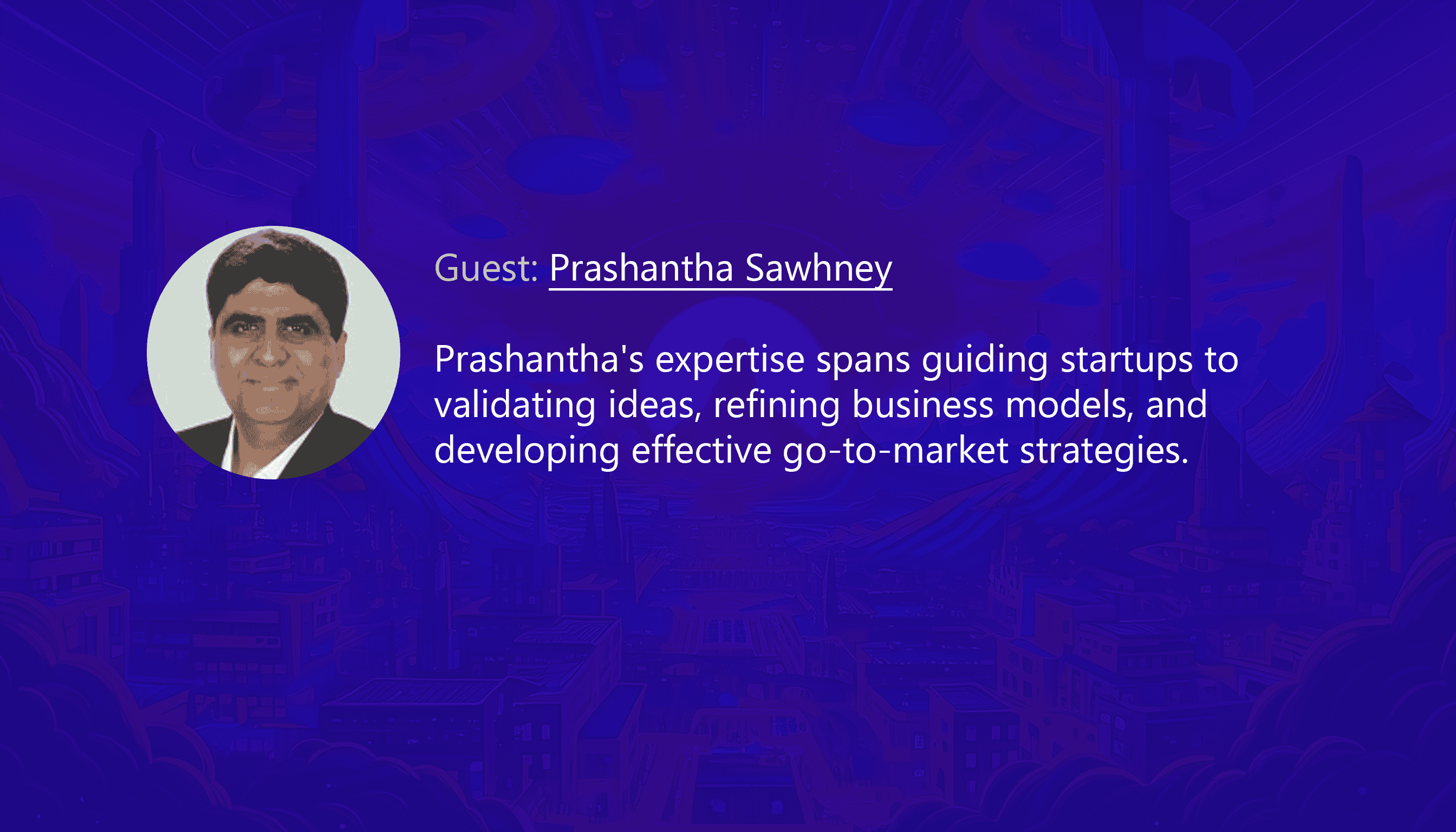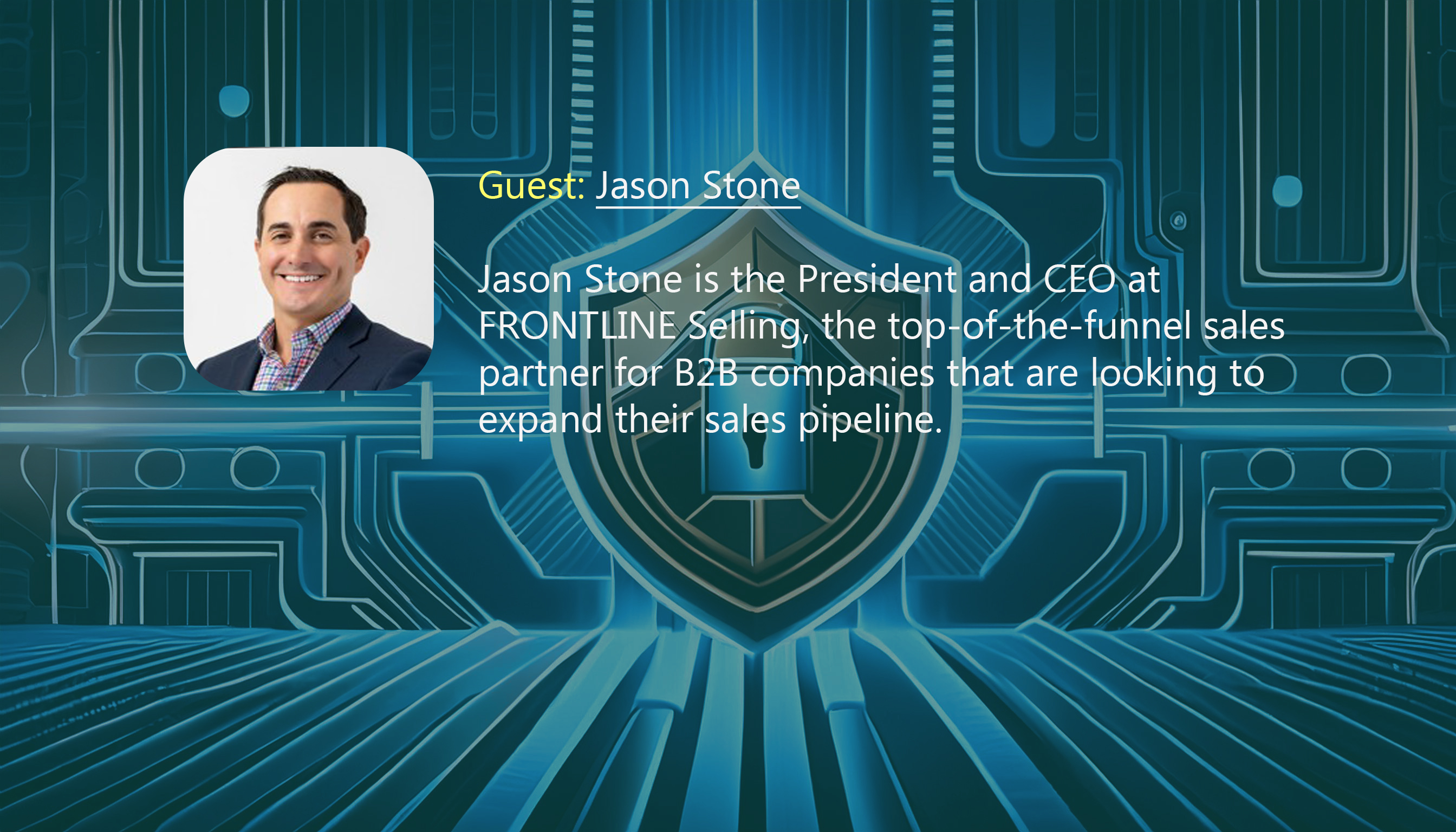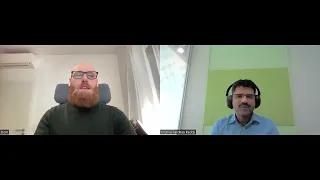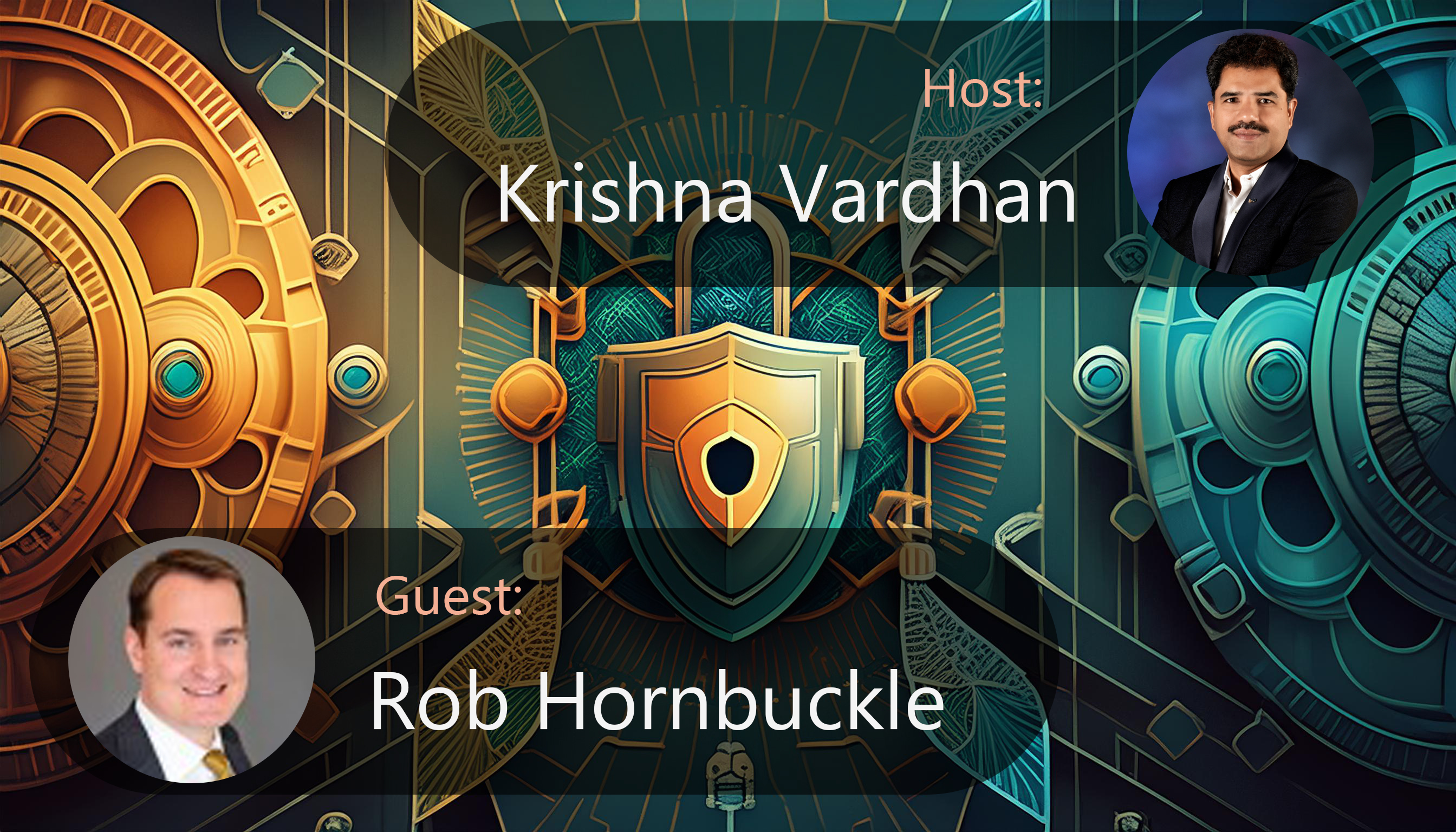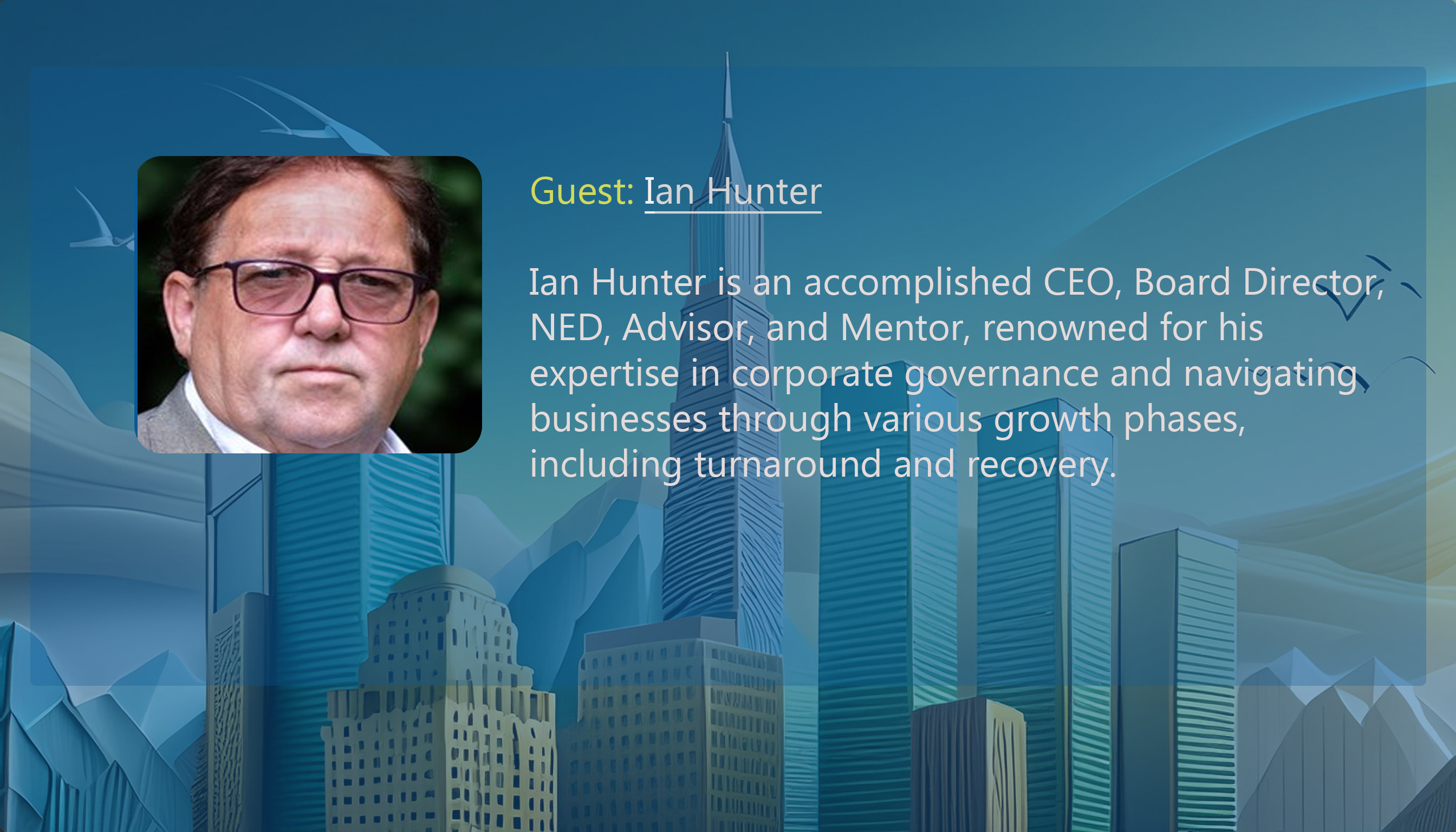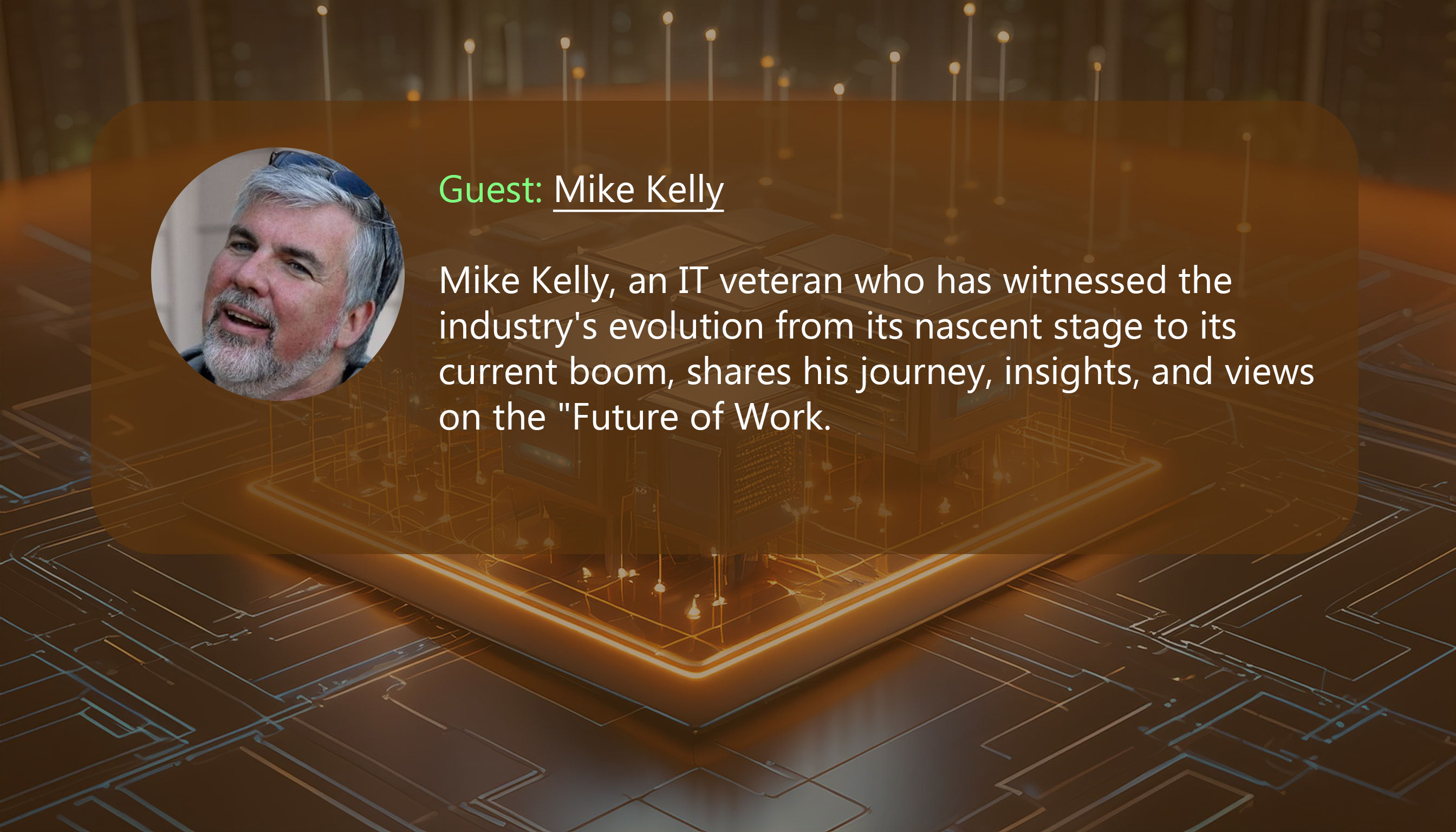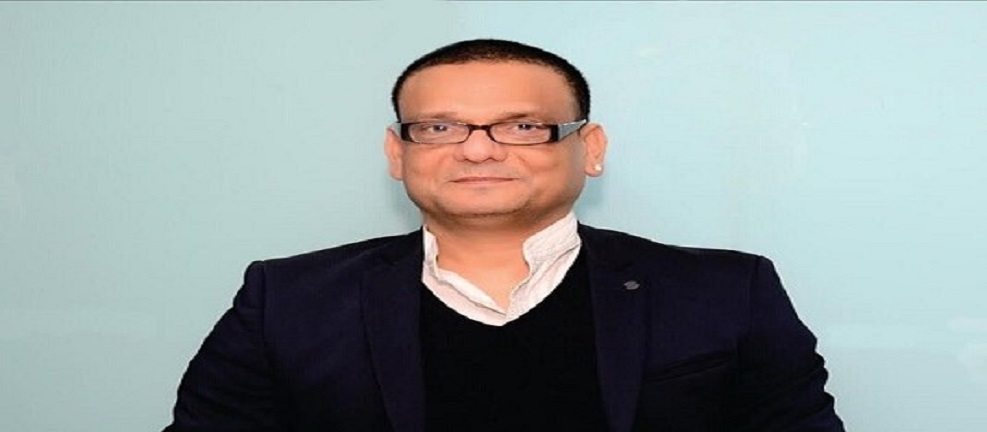 All Interviews
All Interviews
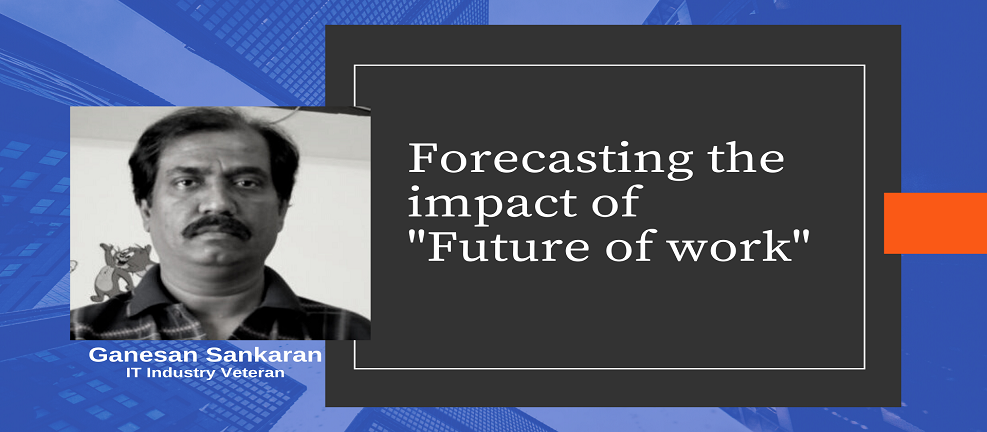
Title: Ganesan Sankaran Views on Technology and Future of Work
Company: Star Health and Allied Insurance Co. Ltd
Industry: Information Technology
Industry-Experience: 35
Ganesan Sankaran is an IT industry veteran with 32+ yrs. of experience who worked for Ramco Systems, Hexaware, Satyam Computers, HP Global Soft and is now heading IT for a major health insurance company in India. He has seen the evolution of computers, computer education and IT industry in India.
AIDOOS team spoke him to understand his career journey, his key achievements and his forecast about how technology will shape up the “Future of work”. Given below are the excerpts of the interview:
Tell us about your education, awareness of computers, computer education and technology in those days.
Ours was the first regular MCA batch from Regional Engineering College, Trichy and in fact the first batch in whole India. At that time, there were only two colleges in India that started offering MCA from that year (1984) and REC Trichy was one of those two.
Rarely anybody knew what a computer was and I myself saw the computer first time in my life after joining the college. The computers in those days were dumb terminals with no intelligence built in only with monitor and keyboard. The whole intelligence and processing were done by back-end server which was kept in a server room.
We used BASIC, FORTRAN, COBOL and PASCAL as programming languages. DBASE, FOXBASE were just picking up. There were no debugging tools available. We had to write a program, feed in the program, compile and get the error list and go back to work to fix them. Compiling and getting one bug free program was an incredible process.
What factors played the role while choosing computer education as your option?
Prior to joining MCA, I did B.Sc. Mathematics as my interests were into Mathematics, Logic etc. I wanted to do M.Sc., MPhil, PhD and get into R&D. It was a sheer coincidence that MCA was announced that year which was also into creativity, problem solving, logic so I joined MCA.
It seemed to be a professional course with great prospects in the coming years which also played a key role in choosing the path.
What was your first job and how easy or difficult was to get a job or even information about job openings in those days?
REC, Trichy had great faculty members and there was a separate placement department headed by a head of department to handle campus selections. This department was working with few companies to come in and select people.
I participated in few campus interviews and without much struggle got selected into a company called Aurelec Data Processing Systems for software development for small organizations. This company was mainly into manufacturing computers in the client-server technology based on Novell Netware and Microsoft operating system. This was the time computers were moving away from dumb terminals mode into having intelligence built into each of the computers.
There was no separation of hardware and software in those days, all computer manufacturing companies had a software division. The belief was that manufacturer of computers was better knowledgeable of their computers and equipped to write software. This was the reason, some of the current Indian IT giants started their IT business with hardware sales and services. There were only few specialized software services companies in those days.
I joined as Software Engineer for application software development. Though the company was into selling hardware, I was into building software in that company. I worked as software engineer developing file-based application software systems for specific customers. This was based on COBOL, Data Flex and DBASE.
Information sharing in those days was a real challenge. The only source of information was newspapers. Having a landline phone was a luxury. If someone was looking out for a job, it was a great challenge to know about job openings and people mainly relied on newspapers ads and known contacts.
Can you brief us about your career highlights, learnings and your proud moment in the career?
After spending around 5 years with couple of companies, I joined Ramco Systems where I got product development. RAMCO was developing an ERP for International market and was probably the first Indian company to develop an ERP. This product was going to compete with Oracle and other existing ERPs in the market.
I spent around 10 years in RAMCO and that was a great experience. Building a product from the scratch was a real challenge and interesting. Though it was challenging, I enjoyed this phase as it offered great learnings. The product was built on Microsoft technologies such Visual C++ and SQL Server with GUI.
Around year 2000, I wanted to move into Java, so I joined Hexaware with which I was back into services. For next 15 years, I worked for Hexaware, Satyam Computers and HP Global soft serving different customers across geographies but mostly for USA.
Currently I am heading IT for the health insurance company which is a completely different experience from previous stints. Having worked on the consulting side of table for many years serving customers, now I am sitting on the opposite side of the table. My experience in consulting is a great advantage as I know what kind of services vendors offer and I can rightly negotiate and choose the right offering.
In my overall career, RAMCO was the most fulfilling experience. In projects mode, you are in transactional mode. You complete one project and move on to the next. But with products, you go deep and have an opportunity to bring lot of innovation, build generic solutions for all customers and serve different use cases. In addition to product development, I was also heading reusable components for the Ramco ERP Product which were conceptualized and built under my leadership.
If the current technologies were available to you in the early years of your career, what would you have done differently?
Programming was real challenging in those days. Information and internet were not available. Programmers had to solve the problems on their own. Building user experience was a great challenge. We had to write code to capture every key stroke and yet at the same time we had to minimize the screen touch points, so customers gain productivity. We did not have GUI or drag/drop capabilities in those days.
I developed lot of user interfacing components which were used across the application. Lack of these ready-made components makes one to be creative however if the current capabilities and information were available, we could have spent more time on solving real business problems with technology advantages.
How is technology helping your organization, what are your plans as a CIO to leverage technology for your organization?
We are pioneers in the private healthcare industry and are always ahead of the competition. We are investing a lot in digital transformation and automation focusing heavily on customer experience. We are migrating our application footprint to cloud and investing in AI/ML technologies to improvise our processes.
Work habits are changing, and people increasingly are working from home. What’s your forecast about the “Future of work”?
With today’s technology advancements and connectivity options, majority of the work can be done from anywhere and not coming to office. Teams are distributed across geographies which means an employee may be working with the team members located in different countries and different time zones. It makes more sense for that employee to work from home and save time on commute.
Organizations are increasingly encouraging employees to connect from home as it saves time and increases productivity. This is going to continue and will move to next level. It helps organizations to save on administrative and office supplies costs. It also helps in work life balance for the employees.
Unlike in the past, it is now easier to measure the productivity and deliverables. The tasks are clearly defined and assigned. Collaboration tools are helping team members to connect remotely yet work closely with colleagues.
There are lot of startups disrupting every industry, lot of smaller but niche players are emerging. Do you foresee such disruption to IT service industry?
Disruption is already in progress in IT services. There are already lot of smaller and niche players eating the market share. We also have already started working with these small and niche players. These people are small in size, focused, eager to get business hence provide faster and quality turnaround to customers. The big players on the other hand do not provide such emphasis and importance as they have to deal with hundreds of customers. More and more customers are increasingly moving in that direction.
At AIDOOS, we believe that the right job to be done by the right expert and expertise can come from anywhere. If AIDOOS enables bringing expertise and takes care of the orchestration of connecting the niche players and delivering the outcome, would customers be interested in such offering?
It is a good concept and this on-demand service platforms are changing the way an industry operates. The examples of such disruptions are out there – Uber, Airbnb, Swiggy etc.
If ATM’s were a disruption to traditional banking, mobile platforms and payment apps are disrupting entire banking industry. Now, I rarely visit ATMs as I do not need cash for most of the transactions. I had a car and a driver earlier and with the advent of Uber, I had sold my car. With one third of the cost, I am able to travel as much or more now. So on-demand services are disrupting the industries, and this will only grow.
Coming to IT service needs in my company, we are already working with niche players and we take care of the orchestration. This is mainly to do with IP and data sensitivity which cannot be outsourced.
AIDOOS is a great concept as it removes the need of finding the right expert and provides a “Pay as you go” service. This was available only for IT infra till now and if AIDOOS can provide the same for expertise, customers will be interested. However, you need to find the use cases that fit into this platform, the use cases that do not risk the share of IP or data. Conceptually it is good, it needs to be matured into a solution.
Majority of the IT budgets are spent on “Keeping the Lights On”. A platform bringing in right expertise and providing “Pay as you go” service will save IT maintenance costs. What is your opinion around that?
This is a great use case and if it can be made practically viable, it will tremendously help organizations. Today, in many organizations, they have some legacy systems where they are struggling to keep it up and running. People who are experienced on this have left the organization and new entrants are still learning.
In a typical support organization, only 10% are real subject matter experts with the rest of the team trying to catch up. Industry has this problem of getting the expertise to keep up the legacy and business critical systems.
If AIDOOS provides a mechanism where these use cases are isolated without comprising IP and security and be able to assign on the platform, there are plenty of such use cases existing with lot of customers in the industry.
There is a shortage of expertise for the problems and if I can get expertise on an on-demand basis and at the right time, it will be a great solution, and this will bridge the gap between demand for expertise and supply.
